Palestinians in Gaza face ‘immediate possibility of starvation’, UN warns
The UN’s World Food Program has warned that Palestinians in Gaza are facing starvation as food and water have become “practically non-existent” since Israel launched a brutal aggression on the besieged strip last month.
“With winter fast approaching, unsafe and overcrowded shelters, and the lack of clean water, civilians are facing the immediate possibility of starvation,” the executive director of the WFP, Cindy McCain, said in a statement on Thursday.
The WFP said that bread was now “scarce or non-existent” and that the amount of food entering Gaza remains “woefully inadequate.”
The Rome-based agency stressed that it was impossible to “meet current hunger needs with one operational border crossing,” calling for the opening of a second safe passage to bring food into Gaza.
Abeer Etefa, WFP spokesperson for the Middle East and North Africa, also noted, “We already started to see cases of dehydration and malnutrition, which is increasing rapidly and by the day.”
“With only 10 percent of necessity food supplies and drink in Gaza since the beginning of this conflict, we’re now facing a massive food gap,” Etefa said at a virtual UN news conference.
She noted that 2.2 million residents, the entire population of the Gaza Strip, are now in need of food assistance, urging an increase in the number of trucks that are crossing with food aid.
Etefa said the collapse of the food supply chain is “catastrophic,” adding the situation before the conflict was difficult but now it is “disastrous.”
‘Humanitarian work deliberately strangled’
The head of the UN Relief and Works Agency for Palestine Refugees (UNRWA), which supports more than 800,000 displaced people in Gaza, said he believed there was a deliberate attempt to “strangle” its humanitarian work in the strip.
The agency said many of its services had already been shuttered, including dozens of water wells, two water plants, and sewage pumping stations.
“I do believe there is a deliberate attempt to strangle our operation and paralyze the operation,” UNRWA Commissioner-General, Philippe Lazzarini, told reporters in Geneva on Thursday.
“We run the risk to have to suspend the entire humanitarian operation,” he said, adding, “I do believe that it is outrageous that humanitarian agencies have been reduced to begging for fuel.”
Lazzarini said the first delivery of fuel since the start of the Israeli war took place on Wednesday after weeks of pleading for access to fuel.
But he noted that that fuel – 24,000 liters of diesel fuel for UN aid distribution trucks – is nowhere near what Gazans need in order to survive.
Lazzarini warned that civilian deaths that are not directly linked to Israel’s strikes were inevitable amid the lack of fuel.
“Today what we are saying is if the fuel does not come in, people will start to die because of the lack of fuel. Exactly as from when, I don’t know. But it will be sooner rather than later,” he said.
Referring to communications blackout due to the lack of fuel, Lazzarini said, “It can provoke or accelerate [the breakdown of] last remaining civil order we have in the Gaza Strip,” calling the scale of loss and destruction in Gaza “just staggering.”
The lack of fuel also endangers hundreds of wounded individuals in the Indonesian Hospital in the north of Gaza.
A severe shortage of fuel, medical equipment, and supplies is turning hospitals into “potential health hazards and, regrettably, graveyards,” the Middle East Monitor reported.
Israel waged the war on Gaza on October 7 after the Palestinian resistance movement Hamas carried out the surprise Operation Al-Aqsa Storm against the occupying entity in retaliation for intensified Israeli crimes against Palestinians.
Tel Aviv has also blocked water, food, and electricity to Gaza, plunging the coastal strip into a humanitarian crisis.
According to the Palestinian authorities, at least 11,500 Palestinians, including more than 7,800 women and children, have been killed and over 29,200 others injured in the Israeli strikes.
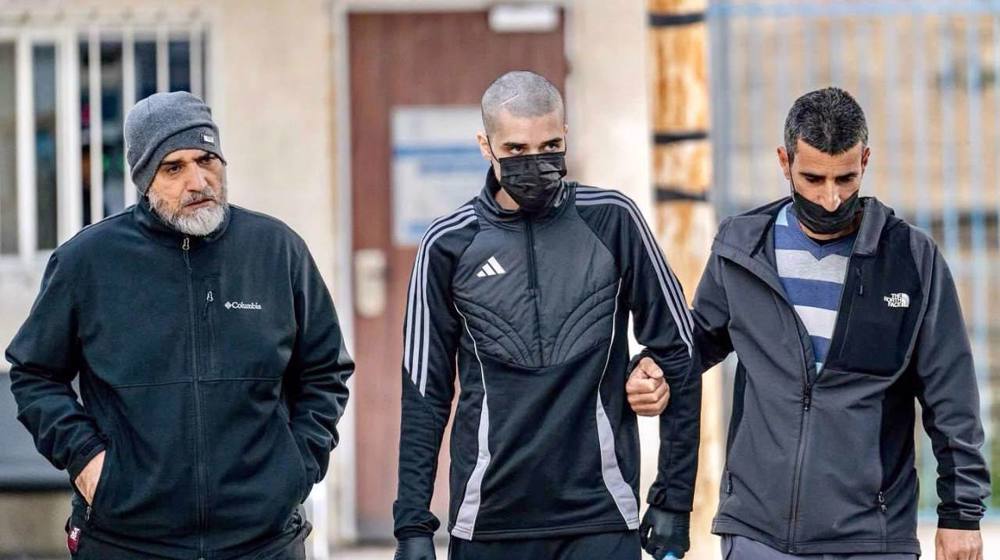
Israel releases Palestinian boy who was arrested at age 13

Israeli CEO arrested for pedophilia and sexual assault

Israel's hawkish minister, husband accused of sex abuse by daughter
VIDEO | Press TV's news headlines
VIDEO | BRICS+ Association of Cities, Municipalities held in Tehran
VIDEO | Protests erupt in front of US congress to slam Trump economic policies
VIDEO | Pakistan's religious leaders announce Jihad against Israel, US over Gaza genocide
Israel releases Palestinian boy who was arrested at age 13
Israeli CEO arrested for pedophilia and sexual assault
Israel's hawkish minister, husband accused of sex abuse by daughter
Iran breaks Germany's monopoly on cancer-treating Rhenium-188


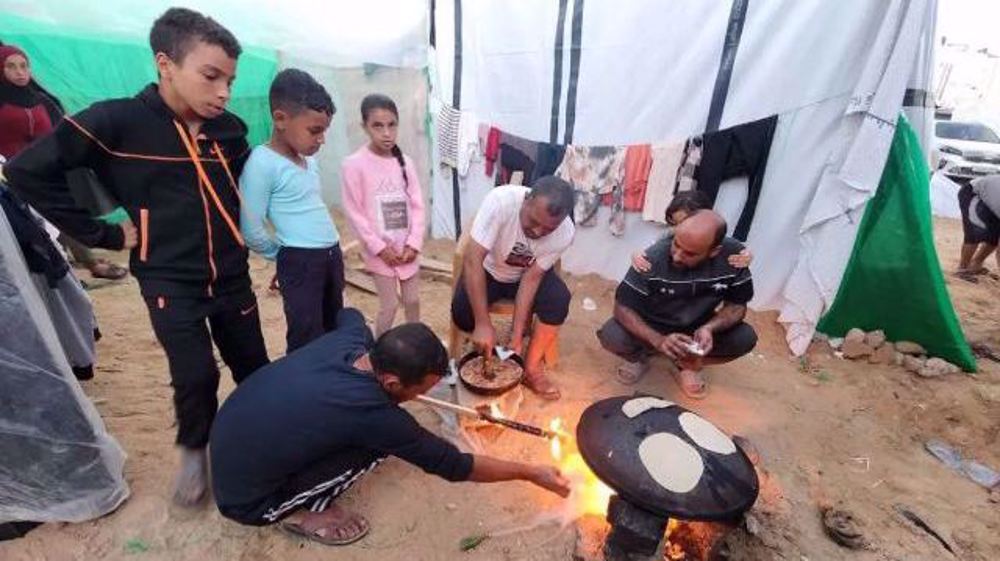
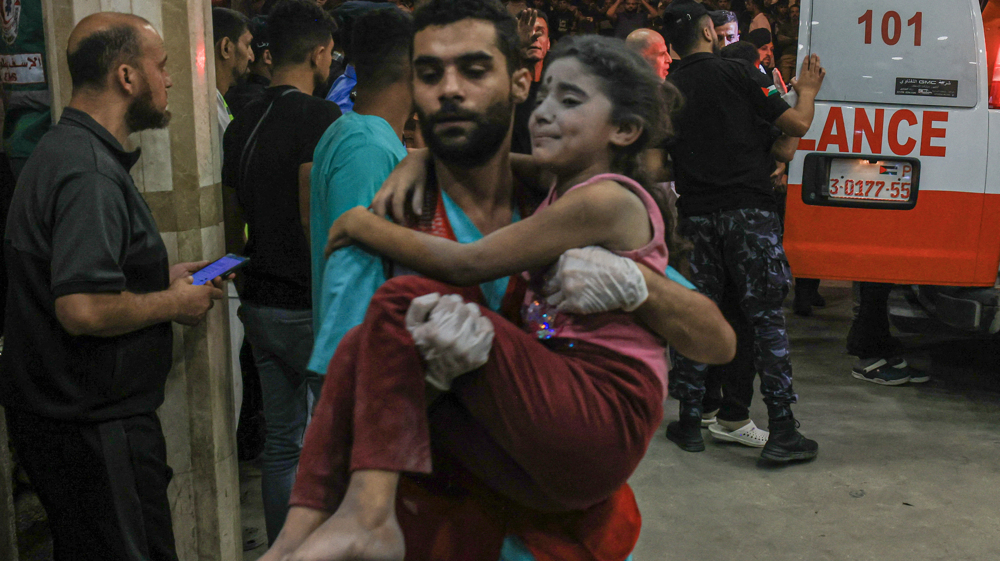



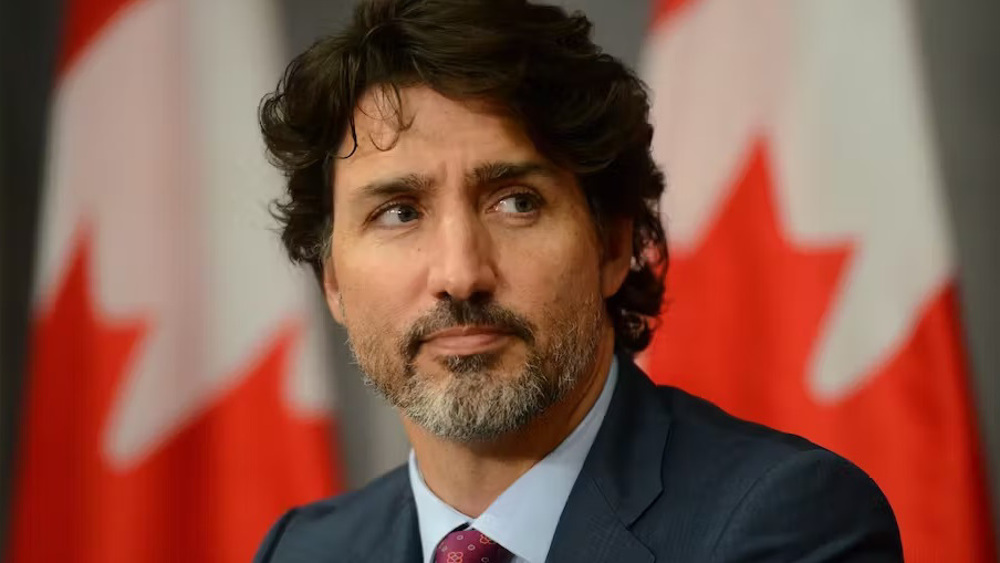
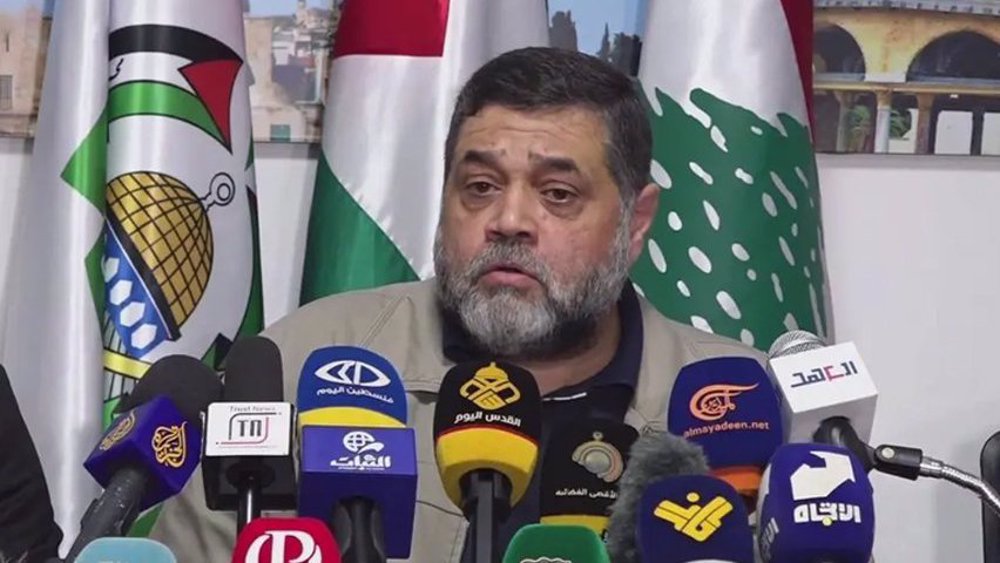
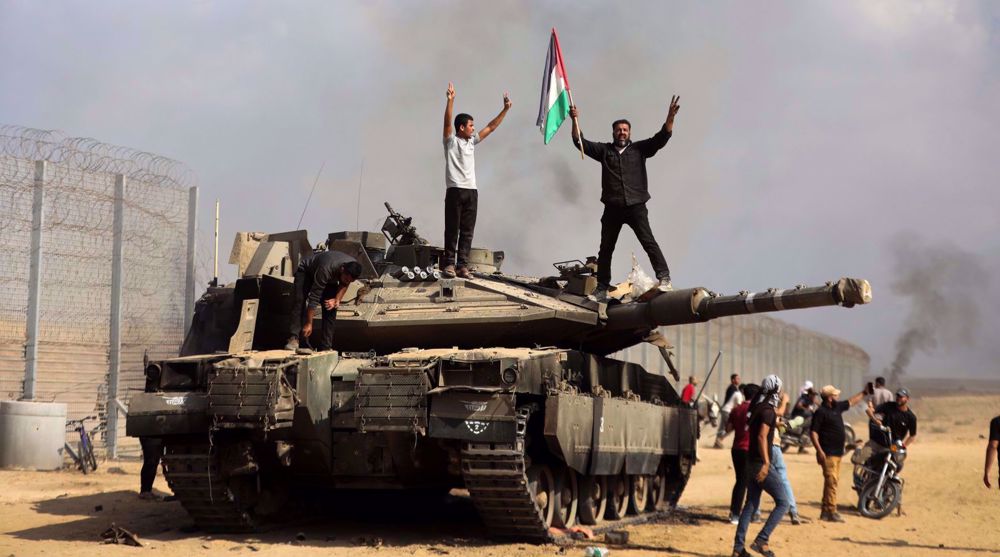

 This makes it easy to access the Press TV website
This makes it easy to access the Press TV website